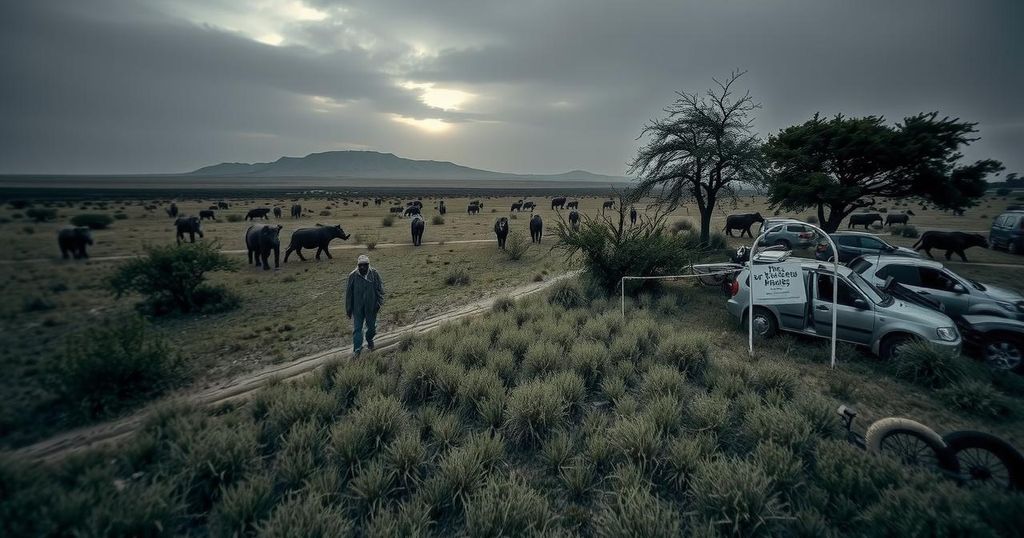Historic Political Shift: Botswana’s Ruling Party Ousted After Nearly Six Decades

In a monumental political shift, the Botswana Democratic Party (BDP) has been ousted after 58 years in power, winning only one parliamentary seat. The Umbrella for Democratic Change (UDC), led by Duma Boko, is projected to secure a majority and form the new government. This election highlights significant voter dissatisfaction with the BDP due to economic struggles and high unemployment, paving the way for new leadership under Boko.
In a historic shift in Botswana’s political landscape, the voters have decisively unseated the longstanding ruling party, the Botswana Democratic Party (BDP), which has held power since the nation’s independence in 1966. Preliminary election results indicate that the BDP has only secured one parliamentary seat, marking an unprecedented rejection of the party after 58 years in governance. In stark contrast, the Umbrella for Democratic Change (UDC), under the leadership of renowned human rights attorney Duma Boko, has emerged victorious with 20 seats and is anticipated to surpass the 31-seat threshold essential for a parliamentary majority. Duma Boko, campaigning for his third consecutive attempt at the presidency, is poised to assume leadership as parliament convenes for the first time. Throughout his campaign, he has encouraged his supporters to “maintain vigilance and discipline.” The BDP’s decline can be attributed to a combination of disappointing economic performance and elevated unemployment rates which have ultimately eroded public confidence in the party’s ability to provide the necessary changes to foster national progress. President Mokgweetsi Masisi, at the helm since 2018, failed in his appeal for re-election, having posited that his party could deliver significant transformations for Botswana, yet found insufficient support from the electorate.
Botswana has experienced stable governance since gaining independence, with the BDP serving as the only ruling party for nearly six decades. Its prolonged tenure has fostered significant developments, particularly in the diamond mining sector, which is a cornerstone of the national economy. However, recent years have witnessed stagnant economic growth and soaring unemployment, challenging the party’s traditional stance and ultimately leading to diminished popular support. The UDC’s rise signifies a transition towards a multi-party democracy and highlights the electorate’s desire for new leadership and renewed governance priorities.
The recent elections in Botswana signify a critical turning point in the nation’s political dynamics, highlighting the electorate’s growing discontent with long-standing governance. The successful bid by Duma Boko and the UDC for parliamentary leadership underscores a demand for change and accountability, reflecting a desire for solutions to pressing economic issues. With the BDP’s historic loss, Botswana is poised to explore a new political era.
Original Source: www.bbc.com







